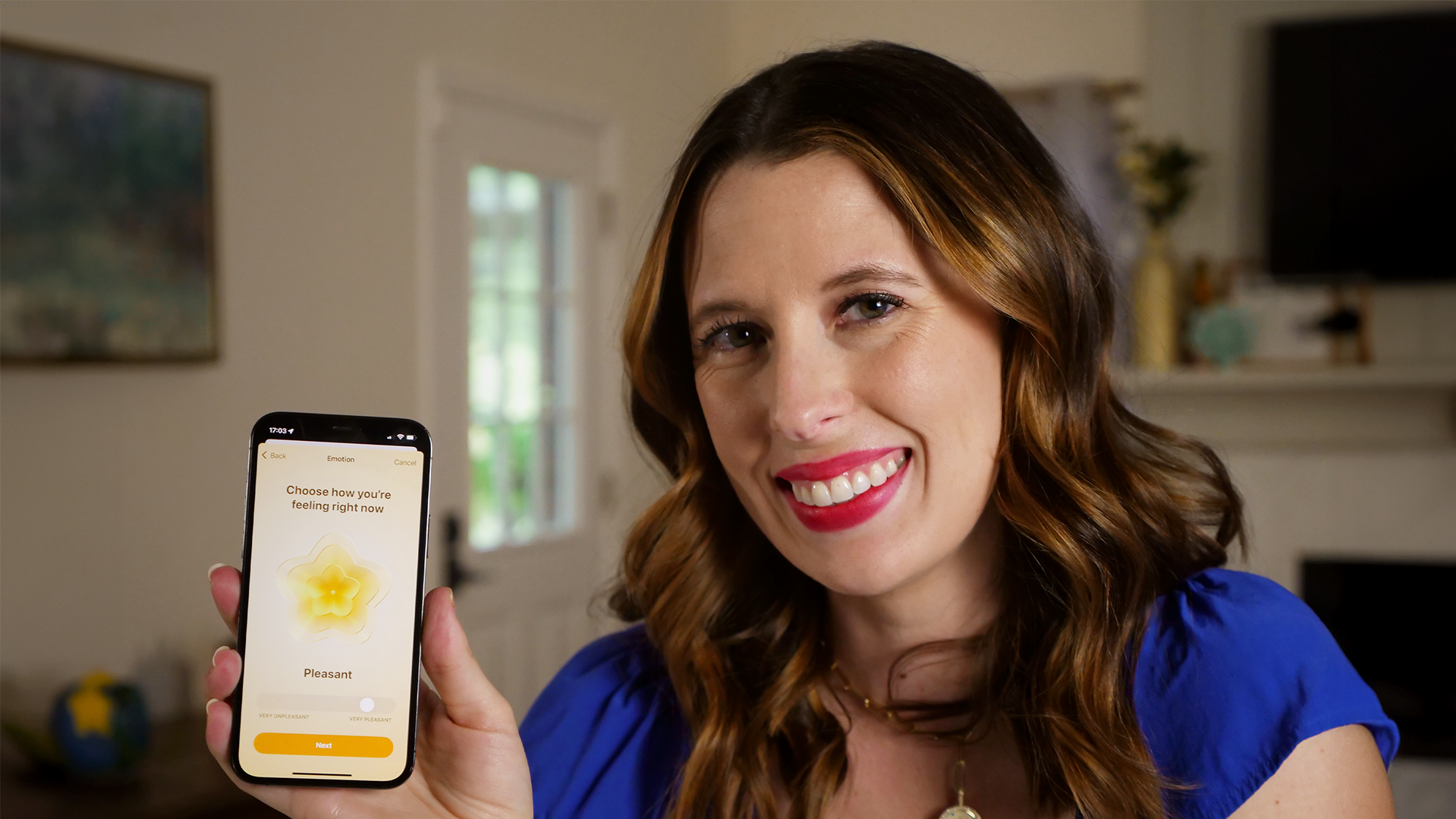Winter is a dark time for some Native Americans. Isolation makes it worse. | Opinion
For some Indigenous communities, the challenges that come with seasonal change are just the tip of the iceberg.

If you or someone you know is in need of mental health resources and support, please call, text or chat the 988 Suicide & Crisis Lifeline or visit 988lifeline.org for 24/7 access to free and confidential services. Go to webelong988.com to learn more about this lifesaving resource.
While the holiday season is a time of celebration for many, it can be particularly difficult for others. The longer nights and colder days can trigger seasonal affective disorder (SAD), a type of depression that occurs at specific times of the year, often in the winter months.
For some Indigenous communities, the challenges that come with seasonal change are just the tip of the iceberg.
As a citizen of the Sac and Fox Nation and a tribal behavioral and substance use prevention consultant, I’ve witnessed firsthand the impact that historical trauma, lack of resources and inequity have on tribal communities. These multigenerational, persisting problems have taken a toll on our overall well-being.
Native Americans, Alaska Natives experience high rates of mental health disorders
Native Americans and Alaska Natives (AI/AN) experience some of the highest rates of mental health disorders among ethnic groups in the United States, according to the Substance Abuse and Mental Health Services Administration.
We face disproportionate rates of depression and suicide compared with other populations, and heartbreakingly, the suicide rate among AI/AN youths is nearly twice as high as the national average.
Over the years, I’ve seen many from my community try to “go it alone” during difficult times when what they need is support from others. I’ve felt the pull to isolate myself – when we are struggling, often the last thing we want to do is ask for help. What if our vulnerability is met with judgment, denial or – even worse – with nothing?
Earlier this year, the Association of American Indian Physicians (AAIP) distributed a survey at a public event hosted by the Sac and Fox Nation. Nearly 67% of respondents said fear of being judged or stigma around mental health prevented members in their community from seeking help.
Isolation isn't the answer for mental health
But isolation is not the answer, especially during the darkest times.
When one of us struggles, we all struggle. On the other side of the coin – when one of us needs help, there is always someone willing to share their strength.
While Native Americans have unique heritages, one thing I think we all share is a lineage of connection and care. In the same survey of Sac and Fox citizens, the majority (83%) of respondents mentioned the importance of talking with someone from their background during times of crisis.
As a community, let’s break the silence. It’s OK to not be OK, and there is strength in asking for help.
AAIP, Sac and Fox Nation partner to raise awareness of 988
That is why AAIP and the Sac and Fox Nation have partnered to raise awareness about a vital mental health resource – 988: a free, confidential lifeline.
Whether you’re experiencing a severe emotional moment, looking for a way to help a loved one or simply need someone to talk to, calling or texting 988 will connect you to a trained counselor who can offer help.
The lifeline is available 24/7, ensuring that no matter the time of day or year, help is just a call or text away.
Native communities often face rightful mistrust in public resources, rooted in a history of systemic discrimination and broken promises. This mistrust can make seeking support difficult, even when help is available.
Recognizing this, the 988 suicide and crisis lifeline is free, confidential and accessible to all.
To further address cultural needs, efforts are underway to establish tribal-specific lifelines where individuals can connect with counselors from tribal backgrounds. These initiatives are active in several states, enhancing the accessibility and cultural relevance for Native communities.
AAIP and others throughout Oklahoma are actively working to raise awareness of vital mental health resources like 988 for our Indigenous brothers and sisters. Though the winter can be a dark time for some, when we walk through it together, there’s light we can experience as well.
Melanie Johnson (Sac and Fox Nation) is a tribal behavioral and substance use prevention consultant for the Association of American Indian Physicians (AAIP). This column originally appeared in The Oklahoman.